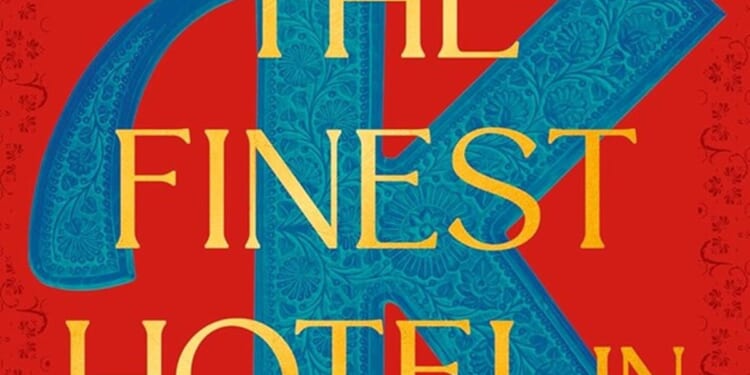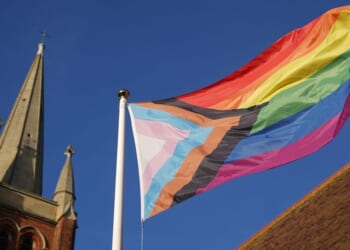AFGHANISTAN has been dubbed the “graveyard of empires”: a land able to resist conquerors from Alexander the Great, the British in the 19th century, and, more recently, the Russians. In this book, the BBC Chief International Correspondent Lyse Doucet, who has spent considerable time in the country, brings Afghanistan’s recent history to life through the people connected to the Inter-Continental Hotel (affectionately known as the “Inter-Con”), one of Kabul’s iconic landmarks.
Opened in 1969 as the country’s first luxury hotel, the Inter-Con quickly became a symbol of modernity and cosmopolitan flair. Royals, diplomats, journalists, and tourists all passed through its doors, drawn by its impressive architecture, panoramic balcony views, and air of refined opulence.
Doucet’s narrative firmly situates the hotel at the heart of the nation’s tumultuous recent past: the removal of King Zahir Shah in 1973, and the establishment of a “democratic” Republic; the Soviet invasion of 1979, and its withdrawal nine years later; the Mujahadeen rule from 1992, followed by the Taliban’s brutal takeover in 1996. Then, after 9/11, the story winds around Osama bin Laden (who secretly stayed at the hotel), the US-led invasion in 2001, and, finally, the Taliban’s return to power in 2021.
Yet the book is as much about people as about events. With empathy, if not affection, Doucet paints vivid portraits of the people who sustained the hotel during these years of change and turmoil — housekeepers, chefs, managers, and waiters — making the hotel a sanctuary for journalists, aid workers, and diplomats. The book deftly balances descriptions of the hotel’s physical spaces — its pools, restaurants, and guest rooms — with intimate glimpses of the lives within them.
At times, the narrative reads like a novel, even a Cold War thriller, detailing suicide bombings, Taliban bombardments, the strictures of life under Taliban rule, and how the hotel’s staff and guests coped. And yet, despite the chaos, the Inter-Con continued to function as normally as possible: hosting banquets, concerts, and business meetings. Even the Loya Jirga, Afghanistan’s traditional grand assembly of tribal leaders, was hosted within its walls.
Through these stories, Doucet successfully portrays the fears, concerns, and hopes of both staff and guests, and her story is personal and poignant. On almost every page, we encounter themes of resilience, courage, and self-sacrifice. In many ways, the hotel mirrors Afghanistan’s cycles of despair and hope, death and life, squalor and grandeur.
The Finest Hotel in Kabul is a compelling portrait of a building, its people, and the nation that it reflects: a story of endurance, bravery, and humanity set against decades of war and upheaval.
Dr Simon Ross Valentine is a writer on Islam.
The Finest Hotel in Kabul: A people’s history of Afghanistan
Lyse Doucet
Cornerstone £25
(978-1-529-15102-2)
Church Times Bookshop £22.50

















